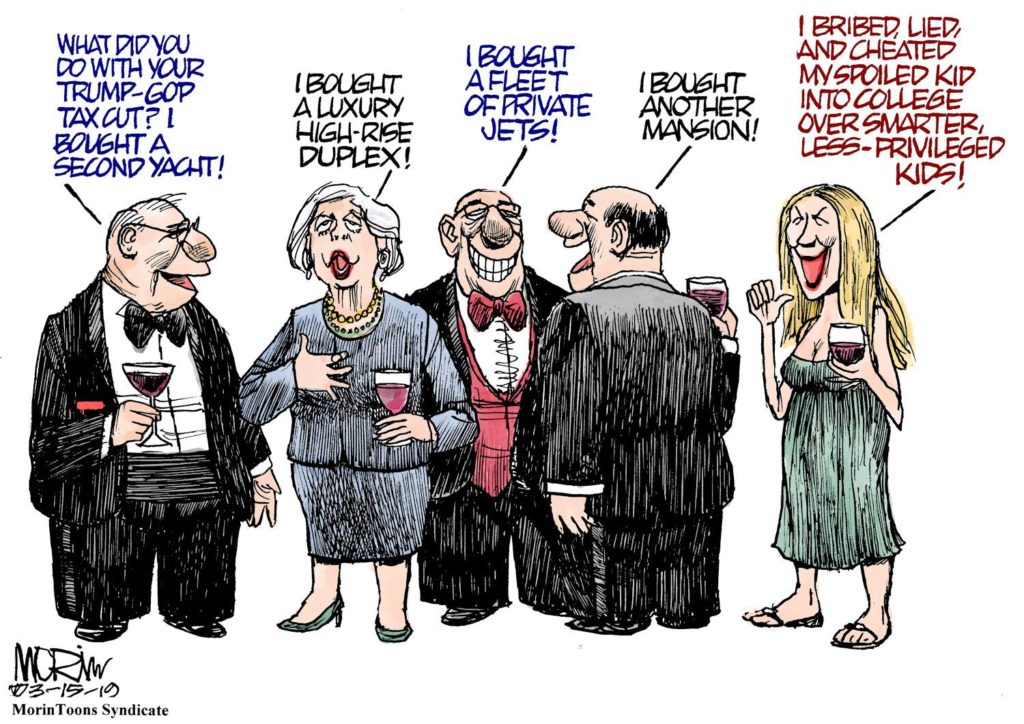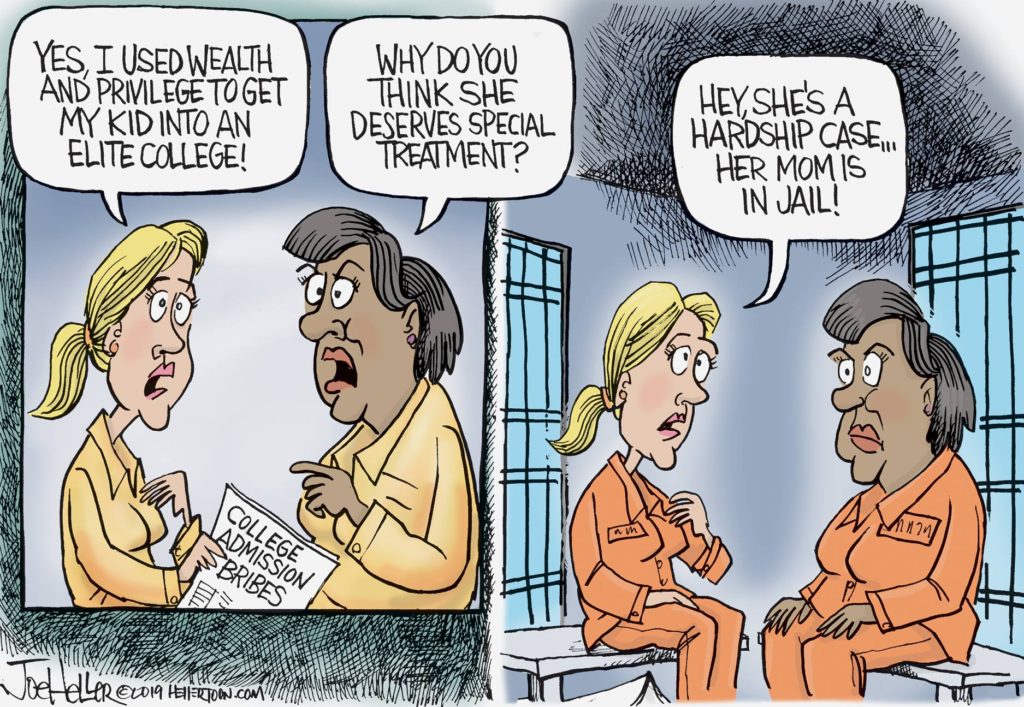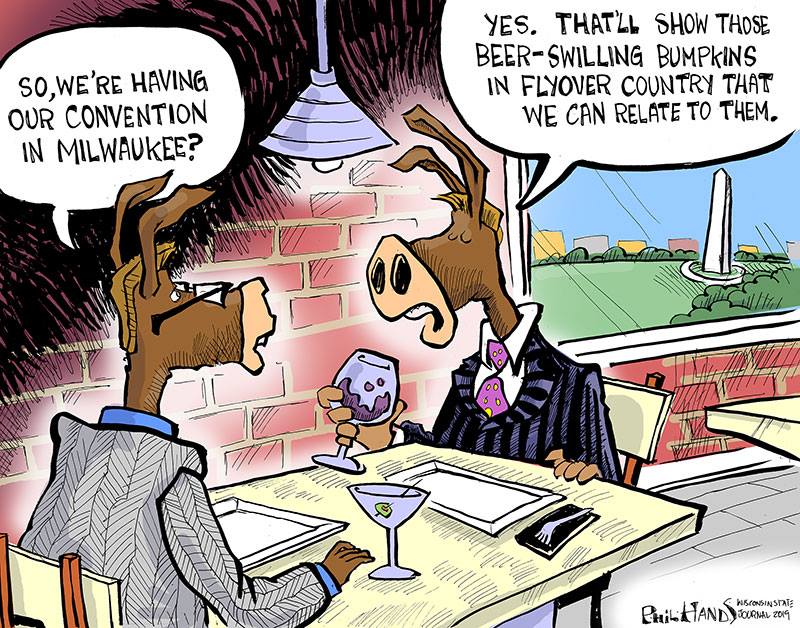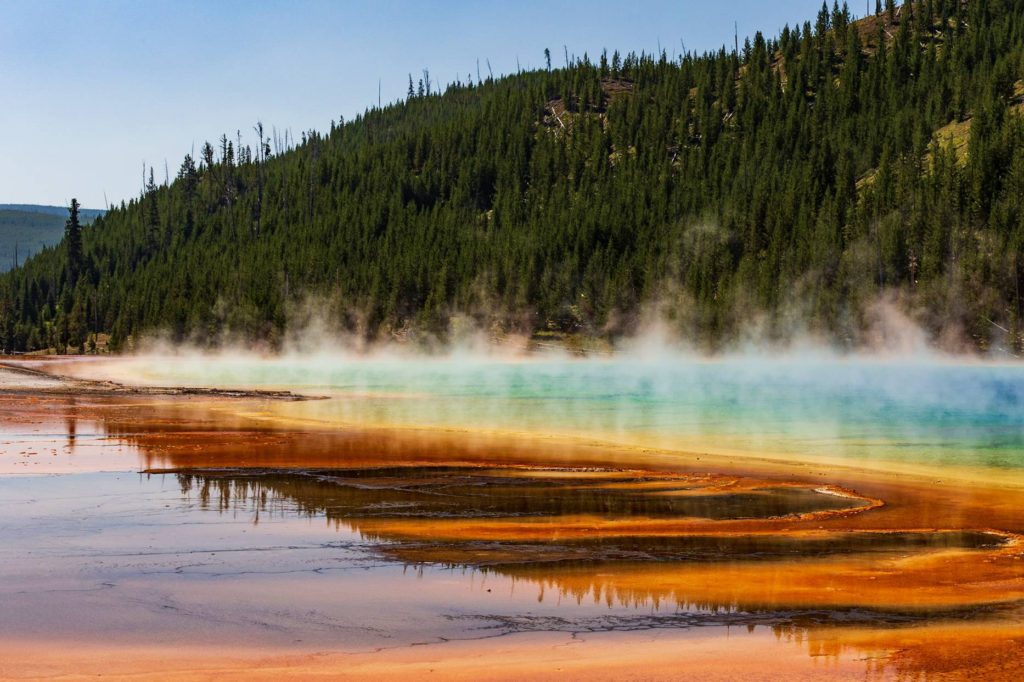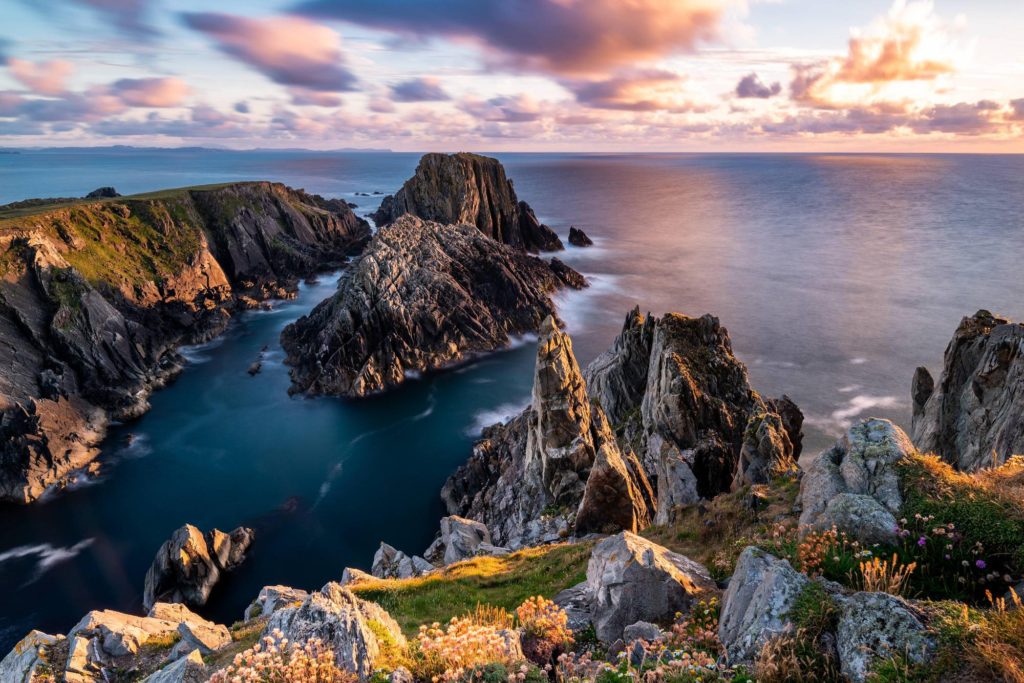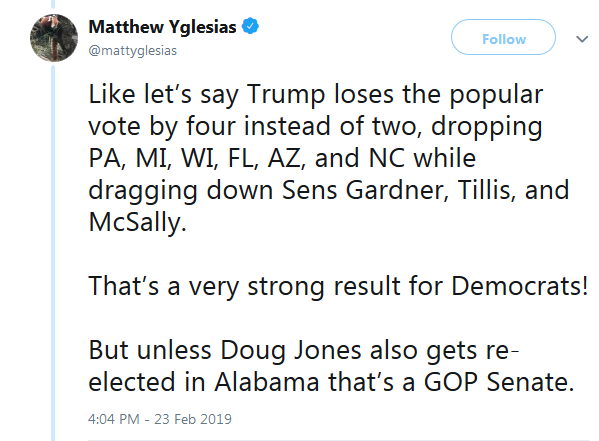The Daily Escape:

Monument Valley – photo by Nathan Fitzgerald
How comfortable will Americans be with Trump in the White House, now that they have learned that he did nothing prosecutable while he was trying to get the job?
Larry Sabato at University of Virginia, says that the fate of the Trump administration is now in the hands of the voters in November 2020:
“Democrats only control who they nominate and what they emphasize in the campaign….On policy, Democrats have a wide variety of subjects that could allow them to make a favorable contrast with Trump: climate change, health care, and economic fairness, just to mention three. The message and the messenger will be critical.”
Sabato points out that the Democrats did not run on the Mueller probe in the 2018 mid-terms, and that for the most part, the announced 2020 candidates haven’t really been doing much of that either.
The biggest fallout from the Mueller investigation is that Trump gets to say he’s an undeserving victim for the next two years. No matter what negative things may come out in the next two years, Trump has been inoculated against real political harm. He can always say it’s the same people who were wrong about him during the Russia investigation. He’s certain to keep saying the media’s coverage of him is “Fake News”.
One victim of Mueller’s non-findings is the main stream media. They were largely anti-Trump and anti-Russia throughout the Russia investigation. Now, they look biased in exactly the manner that Trump has been saying they were for the last two years.
Matt Taibbi has an article, “It’s official: Russiagate is this generation’s WMD” in which he says:
“Nobody wants to hear this, but news that Special Prosecutor Robert Mueller is headed home without issuing new charges is a death-blow for the reputation of the American news media.”
He means most of the mainstream media. It’s a long read in which Taibbi highlights several media outlets including the NYT. He starts with Monday’s Times editorial: “We don’t need to read the Mueller report”. Taibbi says they make that point because: (brackets by Wrongo)
“We [the NYT] know Trump is guilty, Baker at least [NYT’s Peter Baker] began the work of preparing Times readers for a hard question: “Have journalists connected too many dots that do not really add up?”
He compares the media’s coverage of Russiagate to their coverage of whether Iraq had weapons of mass destruction (WMD) when we were making the decision to invade during GW Bush’s administration. In hindsight, the media was badly compromised then when they dutifully reported what the administration wanted them to report.
Finally, the Democrats have to deal with their own fallout. They can continue investigating Trump, looking for some fire behind all the smoke. Or they can move forward, and focus on building a winning campaign for 2020. It’s possible that the ongoing House investigations of Trump may bear fruit, and provide some campaign fodder.
Journalism in 2019 appears to have returned to the way it was in America’s early history. It’s become another partisan element in our politics. And, as the process of journalism has decayed, somehow, people’s ability to contextualize facts seems to have decayed right along with our journalists.
The reputation of the American media as free, independent and truth-seeking was always a myth. Think about our unjustified Spanish-American war (“Remember the Maine”) was more than 100 years ago and it was promoted by the press (Hearst papers).
Then there was that pesky Vietnam War, which the US press supported for years. Back then, we had music, like Country Joe’s “(1, 2, 3, 4) What are We Fighting For”, Arlo Guthrie’s “Alice’s Restaurant” and Neil Young’s “Four Dead in Ohio” as our alternative news media.
We do know that Russia conducted a sophisticated information operation to influence the 2016 election. Mueller’s investigation firmly established this. But Wrongo still doesn’t see anything to say their efforts upended the 2016 electoral results.
The various Congressional and DOJ investigations will continue, just as sure as the sun will rise in the east. What is uncovered is likely to be more of the same, and not advance the ball towards the goal line.
Hopefully soon, we’ll see a press conference by AG Barr and Mueller. That will be must-see TV.





